
Asad Abidi is a professor at the Henry Samueli School of Engineering and Applied Science, University of California, Los Angeles (UCLA). He served as the first dean of LUMS’ School of Science and Engineering from 2007 through 2009. In the first part of our conversation with Dr. Abidi, we talked about LUMS SSE. In this second part, we talk about the challenges faced by the higher education sector in Pakistan, possible solutions, and what Pakistanis living abroad can do to help.
STEP: Moving on to the topic of higher education. Do you think that the level of financial support that higher education, in general, and the Higher Education Commission, in particular, is getting from the government can be sustained?
Asad Abidi: It is not getting (a lot of support) or it might be getting it for a moment but, you know, Pakistan is bankrupt and all this investment is from borrowed funds from the future. The typical elected government is just running scared, trying to keep its head above water. And, unfortunately, this is not going to change (anytime soon). So, the question is how do you take a country with so many needs and keep higher education running? The only way I can see it happening is if a substantial allocation, such as from the military budget, is diverted toward higher education. The military has never deprived itself of money. In the worst of times, their budgets have gone untouched, their privileges have gone untouched. But, it will take a political leader with guts to do this.
Honestly, I think the only way it could happen is if the United States, which effectively supports the Pakistan military, were to say that ‘we don’t really believe that it is valuable to add more men to your forces or add to your existing perks and privileges; this is actually only going to lead to more disenchantment from civil society and unrest in the region. So, you must cut your budget by, let’s say, 10% or 15% and that this money must go into higher education to deliver some hope to Pakistan’s people. Otherwise we will withdraw our support’. Only then might things change. So, it’s going to be really hard unless you have massive civil protest in Pakistan. I don’t think Pakistan is quite ready for that kind of thing yet. People dispirited by spiraling inflation, power outages, unemployment, kleptocracy, can hardly be expected to rally in numbers against a bloated military budget.
STEP: Can private endowments, funded by wealthy individuals perhaps, fill this funding gap?
AA: Well, there are precedents (of that) in the region. We have the Tata Institute of Fundamental Research (established 1945) and the various Birla Institutes of Technology and Science (established 1929) in India, which are funded through endowments from these families. So, in India wealthy people have funded expensive science education over long periods of time, with world-class outcomes. In Turkey, there are institutes and private universities, such as Koc University, that have large endowments from industrialists. In Pakistan, perhaps there is not that scale of money, certainly not that scale of investment in a single institution to fulfill its financial needs in a sustainable manner (except, of course, for the Aga Khan University).
Another important point is that the Tatas and Birlas believed in a vision of India’s future. Today their institutions are run by trustees, often with some membership from those families. But, the families don’t meddle in affairs of the institutes. They continue to provide very generous funding, but place their faith and trust in the scientists and educators who work there. I noticed that in Pakistan, institutions seem to rely entirely on the power and charisma of one person — that’s one extreme — and on the other extreme, you have institutions that demand transparency in everything. That essentially makes it impossible for administrators and decision-makers to work, and it’s not healthy either. You very rarely find institutions in Pakistan that have found the right balance. Pakistan has yet to mature in these matters.
STEP: But, isn’t the ‘disconnect’ between higher education institutions and the industry also responsible for the lack of private funds?
AA: Yes, that’s also true. In fact, there is a large breach between industry and universities in Pakistan. The reason for this, I think, is that Pakistani universities, again, have not yet grown up. People like Qasim Shiekh (CEO, National ICT R&D Fund) do demand technology transfer and we certainly need to hear more of that, but I don’t think currently there are many examples of successful US-style transfer of technology from a university to a company, where the academics involved also furthered scholarship in the process and published papers. There may be some good synergy between the military establishment and certain institutions like NUST and CASE, but it’s funded by the military, I don’t know how much of it can be published, nor how much is publishable. Unless universities are on guard, these arrangements can turn them into job shops. In any case, this sort of activity is just not happening at a large scale in Pakistan yet.
Take the example of the indigenous pharmaceutical industry (I exclude herbal and natural medicines). They are doing zero research. Zero. One of the reasons is that there are no pharmaceutical scientists of any standing who can go and develop their own formulations. Another is that the companies cannot see the payoff. This is true for so much else in Pakistan, yet much the reverse in India. Pharmaceuticals and synthetic chemical companies there are doing a roaring global business. I am told that tractor companies in Pakistan have tried to engage professors as consultants but it was a complete write-off. If your applied sciences cannot make tangible contributions to the economy, you’re just dreaming about the benefits of higher education. Again, we must understand that there will be a good deal of fumbling and missteps at first, but science and engineering academics in Pakistan must discover ways of closing the breach with industry.
Finally, Pakistan is one of the few countries in the world where vocational training institutions in any numbers either didn’t take off, or failed. Korea industrialized itself on vocational education. So did Japan, the UK, and Australia, all on different models. That is how countries industrialize. So, to take the opposite point of view, Pakistan doesn’t need more universities; in fact we have far too many as it is, because their graduates find it hard to gain employment, and cannot compete in numbers in the global marketplace for PhDs. What Pakistan needs more is vocational training of quality. To do that, it needs to make linkages with outside countries, pay them if necessary, but also hold these institutes to a high standard and produce people who use their hands and their brains, who have real skills, who have technology training, and who build things. Training in subjects like metallurgy, materials, machining, automotive design, communications equipment, modern textile practices and so on. Higher education nowhere directly prepares people to build an industrial base; it only does so in an abstract and indirect sense.
STEP: One of the questions we asked Dr. Qasim Sheikh in a recent interview was that Pakistan is still largely an agricultural society, not an industrial one. Can we by-pass the industrialization process and become a knowledge-based economy directly? He was fairly optimistic that it is not just possible, but that the revolution in ICT is making it happen already, and the example he gave was 70 million cell phone users versus 5 million landlines in Pakistan. If it can happen …
AA: No, no, hold on, let’s get something straight. Yes, indeed cell phones have totally changed the fabric of our society; there is no question about that. But does that mean Pakistan is now a high-tech economy as a result? Come on, it’s only at the mercy of Mobilink and Warid and so on. They have done all the investment and if they were to pull out, that would be the end; there is no real knowledge in Pakistan that has developed as a result of the cell phone being made affordable to everybody.
These multi-nationals bring in pre-packaged systems that are deployed nationwide. We visited Mobilink, which is the leading player, and they said that they have hundreds of employees but they do some software customization for applications and maintenance of the base stations. Not many know the technical details of how the system works; it just comes as a package, they mostly maintain it.
They agreed that Pakistan needs people who really understand how wireless communication works, and who can innovate on their own; it doesn’t yet have those people in numbers.
STEP: If somebody gave you $80 million and said, do whatever you want to do with it in Pakistan in the higher education sector. Would you go set up something like LUMS SSE, with its emphasis on basic sciences, or would you build some vocational training institutes?
AA: I would still invest in something like the SSE. Pakistan has plenty of institutions that cater for today’s needs, but no institution that is developing expertise for the future, things that are going to be really important in the mid-twenty first century and beyond. I think for that you need something like the SSE.
But, I would do it at a much modest scale to make that money last a really long time. In Pakistan, I think the tendency is to build monuments, harking perhaps to the Mughal emperors. It is important to get beyond that. So, if I had $80 million, I would be working out of a temporary building and using the money to get the best people, give them excellent salaries and the best working environment. That’s it, because the key to a good roll out is a long term vision, realistic scope and producing work of the highest quality in teaching and research.
STEP: Do you see a role of the Pakistani diaspora in the improvement of education in Pakistan?
AA: When I announced to the people I know here that I am planning to move to Pakistan, they were very supportive. They thought it was a great idea to go there. But it was largely limited to pats on the back.
There are a few wealthy Pakistanis here who may have the kind of money that it takes to actually make a difference at a place like LUMS. But, they don’t have trust in any Pakistani institution. So none of them would want to, let us say, create a chair at LUMS or a scholarship endowment. They would have no problem creating a chair in the United States on a subject like Islamic Studies or Pakistan Studies. This is because Pakistan institutions have not yet won their confidence. Until this changes, the diaspora will remain of little help in building large institutions.
Beyond building trust in Pakistan, the diaspora should build its financial power and organize itself to lobby in this country to help real causes in Pakistan. You know about the USAID money that is flowing into Pakistan to help fight the war on terror. Yet I don’t know of much lobbying or participation by the diaspora in helping USAID or the State Department to identify causes where this money is best invested. Pakistan has so many needs, and members of the diaspora can help sort through those needs.
STEP: Finally, what would you advise in terms of the factors that one should consider before deciding to move to Pakistan?
AA: I think you should tie yourself to a successful cause. Don’t adopt failing causes in Pakistan, it is too big a country for one person to make a difference. You can soon be left exhausted and dispirited. Once you join such a cause, become an advocate and ambassador for it, involve other people and “move the mountain” together. And whatever you do there, do not compromise on quality. Work at a “world class” standard. That’s what we learn from Pakistan’s successes, such as the Indus Basin Project, the atomic energy project, and others. That’s how LUMS’ SSE faculty is doing it in the classroom and the lab
http://www.nextstepforward.net/general-pakistan/interview-asad-abidi-part2/


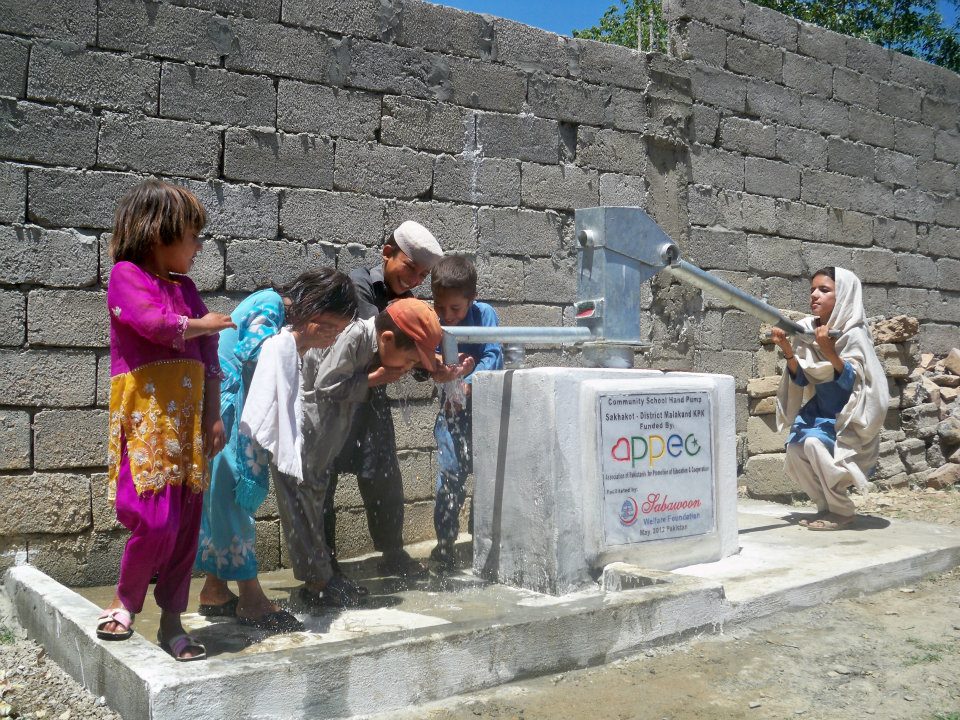
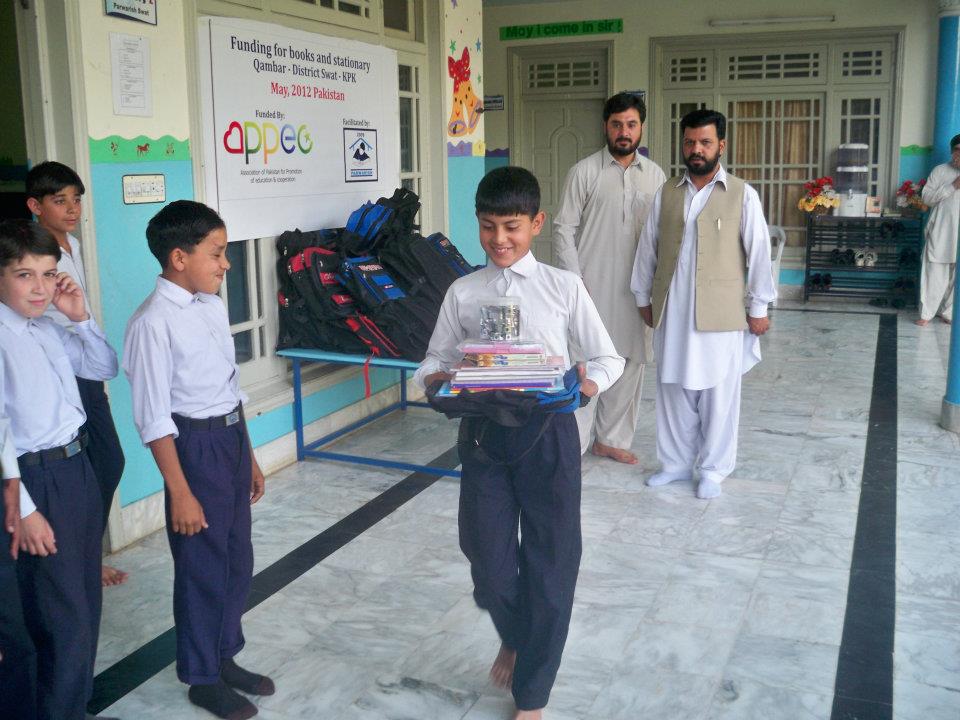

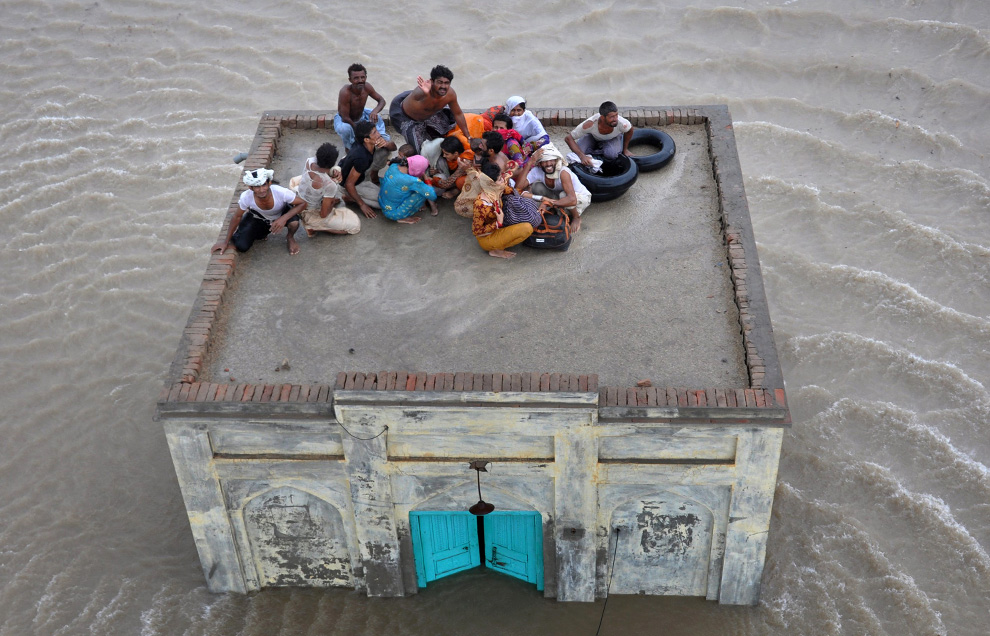
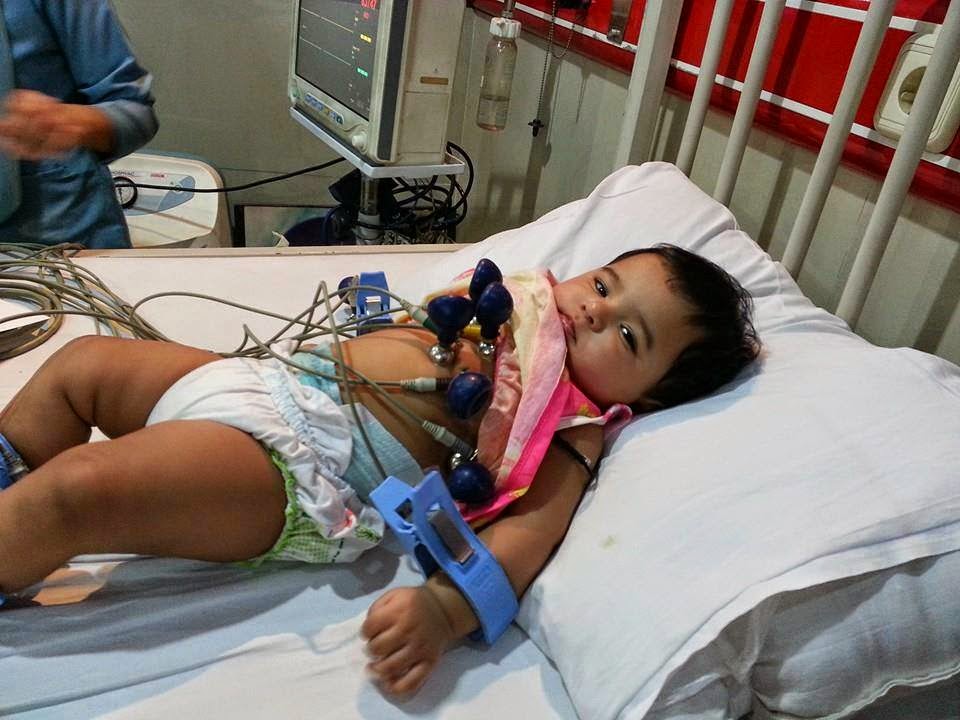
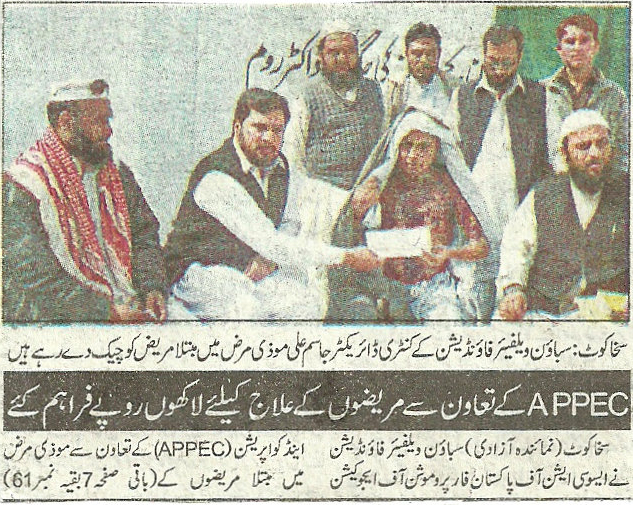
I just stopped by your blog and thought I would say hello. I like your site design. Looking forward to reading more down the road.